Proposed settlement could prove to be one of the most important agreements in digital publishing.
Philip Pullman: 'If I want to sell my rights to anybody, why the hell should I have to go and ask Google first?' Photograph: Rex Features
British authors are divided over plans by Google to create the world's largest online library and profit from out-of-print titles.
Philip Pullman is among those opting out of the proposed Google book settlement, which critics condemn as a "massive rights grab" and an unacceptable reshaping of the copyright landscape to the detriment of writers.
Helen Oyeyemi is also among those opposed to the settlement, currently being thrashed out in the US courts, which could prove to be one of the most important agreements in digital publishing.
Google Books would carry "substantial extracts" of books that are out of print but still within copyright, with US buyers then paying to download the title in full. Revenue generated would be split, with 63% going to the rights holder and the rest to Google. Although only US consumers will be able to use this service, the titles include works published in Britain, Canada and Australia as well as the US.
But, in a move that has angered critics, writers had to choose to opt out by 28 January. For those who did not, their work would be automatically included.
Pullman, author of the His Dark Materials trilogy, said: "Many of us have books that are out of print but still receive a little bit of money from them through the PLR [public lending right]. And, jJust because a book is out of print doesn't mean it belongs to Google. It belongs to me. And if I want to sell my rights to anybody, why the hell should I have to go and ask Google first?"
Nick Harkaway, son of John le Carré and author of The Gone-Away World, said opting out was "the only way of saying I do not believe this is appropriate. What is happening here is a massive rights grab. It's reshaping the copyright landscape. I don't think it beneficial to have a private company, de facto, owning the history of the written word.
"People are quite cosy with Google. But, it is not guaranteed this library will remain with Google forever. Imagine your least favourite media conglomerate buying the sole rights to digitally exhibit the history of the printed word, over 10m titles. You start to sound like a nut. But the scale of this is enormous".
American authors, publishing organisations and Google are currently trying to agree the settlement, which has yet to be ratified by a New York court.
Google insists the proposed settlement "is not about acquiring rights to books". "It is about creating a new revenue channel for rights holders, and opening up access to these books," said a spokeswoman.
However, some writers are bemused by its complexity. Kate Mosse, best known for her 2005 novel Labyrinth, said she "never really understood" exactly what it meant, and was relieved when her publisher, Hachette UK – originally an objector to the settlement – made the decision for her by advising its authors to remain in.
Its chief executive, Tim Hely-Hutchinson, said the company did not think Google should have interfered with other people's copyright, and the proposed settlement was a "weak compromise". But, like other many other publishers such as the Random House Group and Penguin, that argument had to be weighed against the interests of its authors being better served by retaining the ability to control how titles were used by Google.
John Lanchester, whose has just published his fourth novel, Whoops!, said "every writer I know has opted out. It's is a complete violation of the principle of copyright."
The Society of Authors, which has 9,000 members in Britain, agreed that the settlement "runs against the basic principle of copyright in which you get permission every time you use something". But, said its general secretary, Mark Le Fanu, very few members had raised objections, while "the great majority seemed to think it could have potentially significant benefits".
But there remain a few who are completely unmoved by the clamour. "I leave it all to my agent," said Martin Amis. "I just can't get interested."
--
Caroline Davies, The Guardian, Monday 1 February 2010


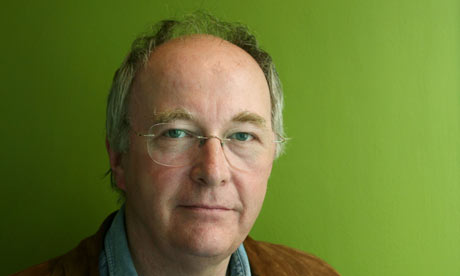


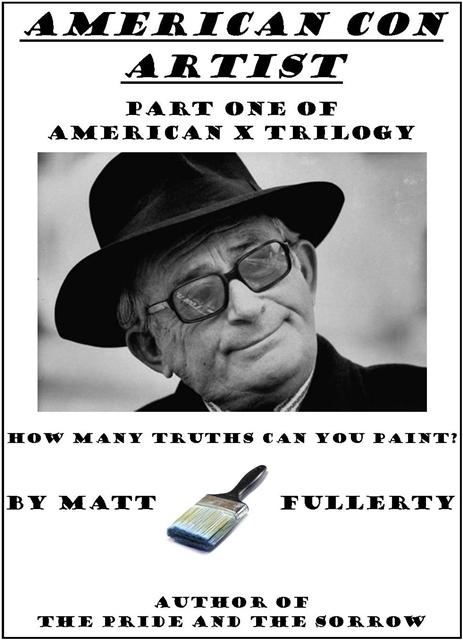cropped.jpg)
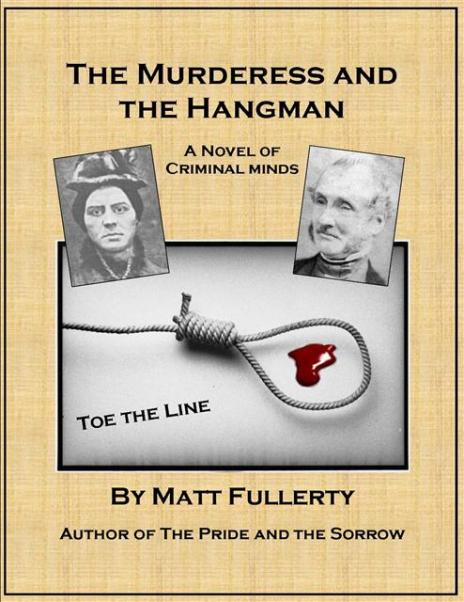.jpg)
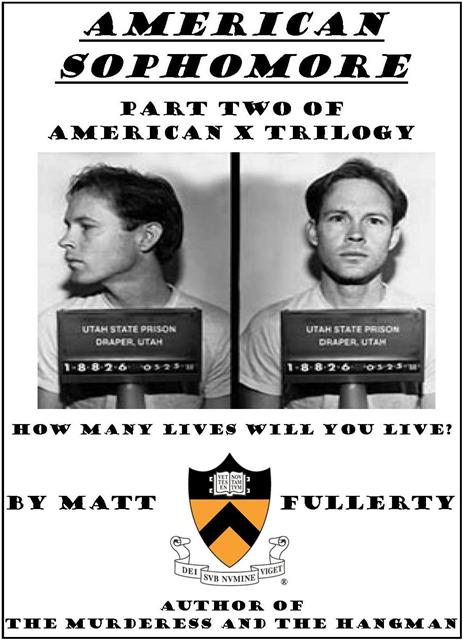cropped.jpg)
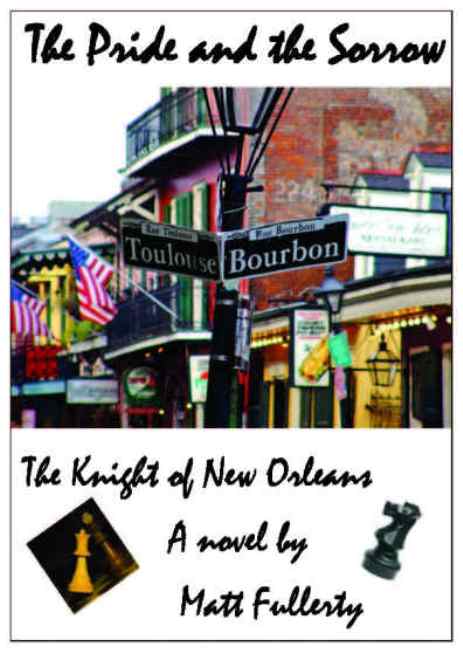2.jpg)
Cropped.jpg)
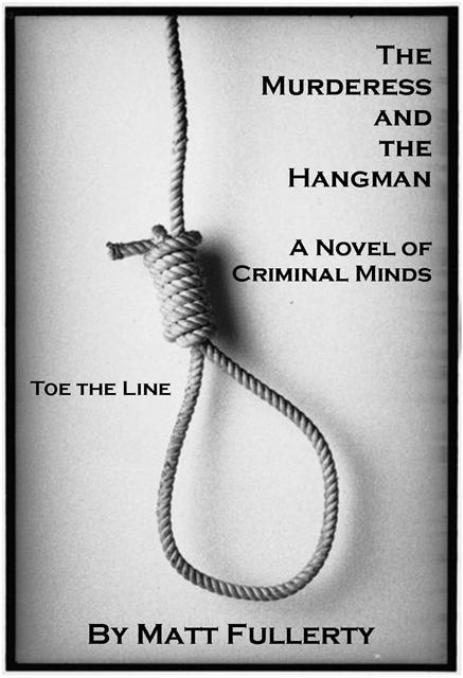cropped.jpg)
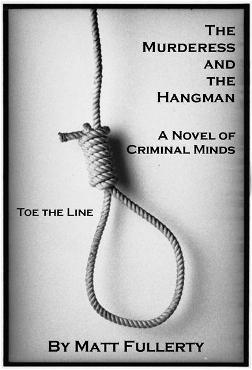4.jpg)






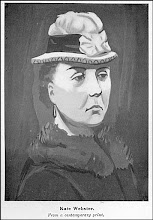
















No comments:
Post a Comment